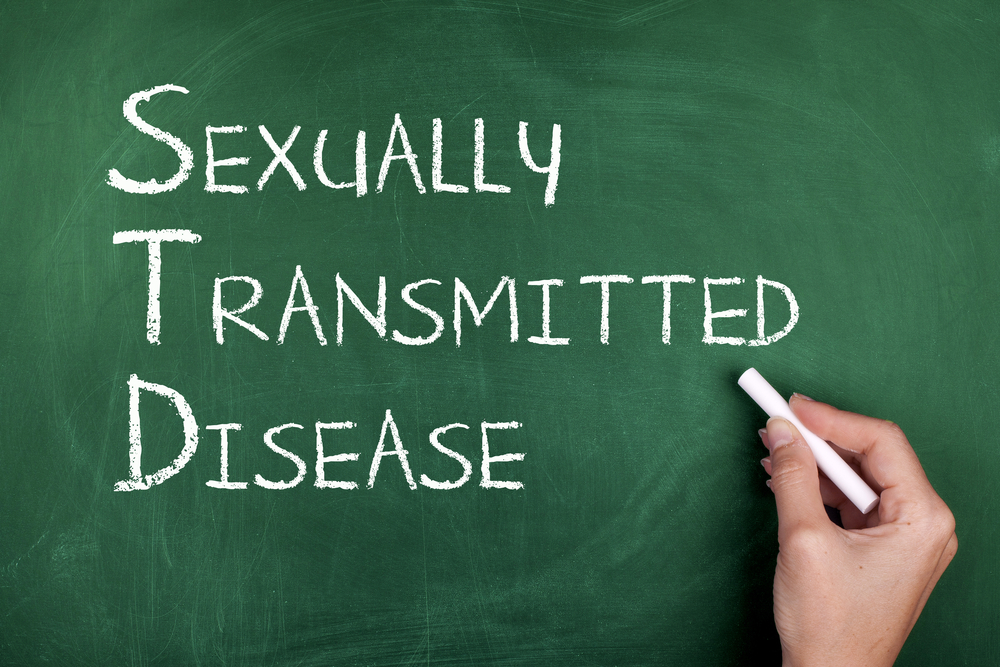
05 Mar 2015
Sexually Transmitted Infections
Sexually transmitted diseases are infections that are spread by sexual contact. There are millions of new cases diagnosed every year in the United States. Some STDs can be treated and cure, while others cannot. STDs are transmitted by contact with skin, genitals, mouth, rectum, and bodily fluids. Any person who has sexual contact with another person may get an std. Many of these infections are not associated with symptoms.
STDs are caused by bacterial or viral infections. Risks factors include: more than one sexual partner, sex with someone who has an STD, history of STDs, use of intravenous drug use. Adolescents have a higher risk of getting an std than adults.
Some of the most common STDs are chlamydia, gonorrhea, genital herpes, HIV, human papilloma virus infection, syphilis, trichomoniasis, hepatitis B.
There are many ways you can reduce the risk of getting an STD: use latex condom, limit the number of sexual partners, avoid risky sex practices including anal sex, get vaccinated against hepatitis B and human papilloma virus.
If you are pregnant and you or your partner may have or have had an STD, please inform your health care provider. There are tests that are offered during prenatal care to detect STDs. It is better to treat an STD early in the pregnancy to decrease the chances that your baby will contract the disease.
Source: American Congress of Obstetricians and Gynecologists.
